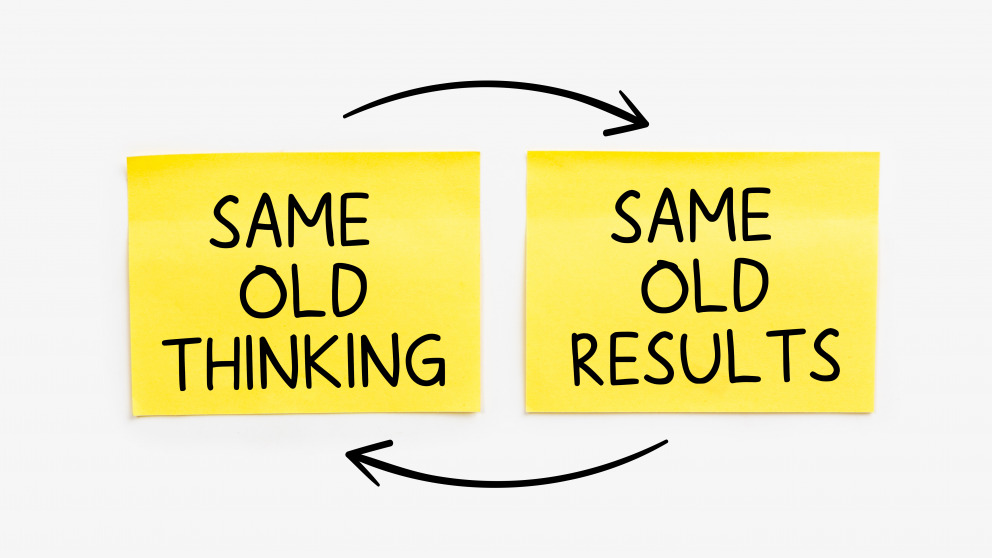Can the coronavirus crisis lead to long-lasting behavioural change?
09.06.2021
Will changes in our routines and lifestyles during the pandemic translate into more sustainable behaviour over the longer term? A team of researchers from the Science Platform for Climate Protection (Wissenschaftsplattform Klimaschutz - WPKS) examined this question with the support of the Institute for Advanced Sustainability Studies (IASS) and considered whether policy measures could help to consolidate gains.

Two prerequisites must be fulfilled for routines to change permanently: On the one hand, new routines must be practiced over a longer period, so that they become a matter of habit. And, on the other hand, the new routines must be broadly equivalent to the recently discontinued habits in terms of their functionality and ease.
According to the authors, the changes in behaviour observed so far throughout the pandemic suggest that the coronavirus crisis has significantly heightened awareness of the vulnerability of society and appreciation of public goods as well as an increase in attentiveness towards others and a sense of social cohesion and solidarity.
The report analyses general behavioural changes, including in working life and mobility, as well as changes in relation to climate protection and compliance with government regulations issued to contain the pandemic.
From this, the authors conclude that maintaining these changes in order to support broader climate action would require governments to effectively demonstrate that:
- the measures are appropriate, proportionate and likely to succeed,
- the associated side effects, which are often perceived as burdens, are distributed in a manner that is fair and socially equitable,
- the political authorities responsible for the measures are perceived as trustworthy and working for the common good.
According to the authors, these conditions are also favourable for political initiatives to promote climate protection and more sustainable lifestyles. The report recommends that societies take more concrete measures to support the adoption of sustainable lifestyles and cement changes in behavioural patterns in the aftermath of the coronavirus crisis. The team of authors outlines a number of recommendations for action in its conclusion.
Access the complete report (in German) here: https://www.wissenschaftsplattform-klimaschutz.de/files/210525-wpks-bericht-verhaltensaenderungen-Mai-2021.pdf
